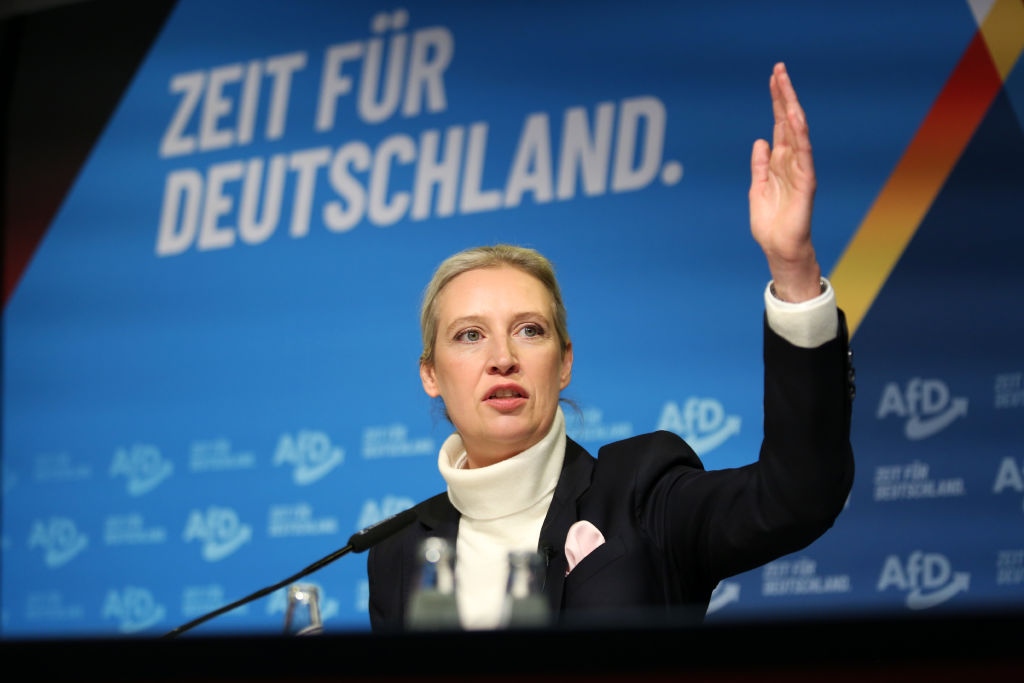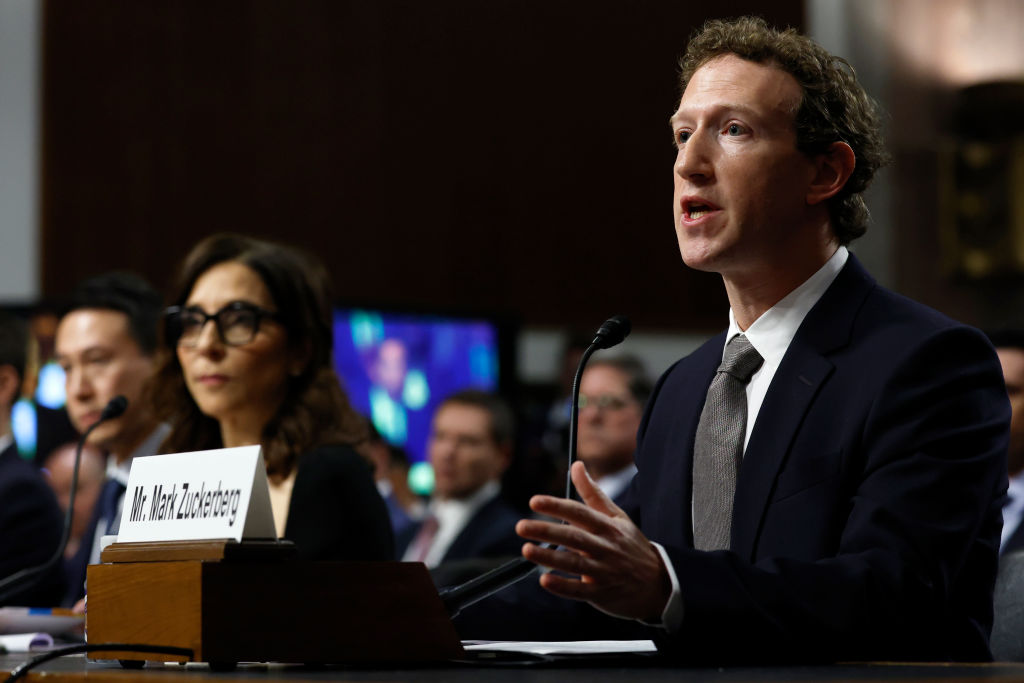The outgoing US President Joe Biden’s administration has put Hungarian Government official Antal Rogán on its sanctions list due to his alleged involvement in corruption.
The US Treasury Department’s Office of Foreign Assets Control (OFAC) imposed the sanctions based on the Magnitsky Act, it said on January 7. The Act is designed to target individuals allegedly connected to human rights abuses and corruption.
Rogán is the head of Hungarian Prime Minister Viktor Orbán’s Cabinet office, responsible for government communications and civilian intelligence. Before that, he was the parliamentary group leader of Orbán’s party, Fidesz.
“During his tenure as a government official, including as Minister in Charge of Orbán’s Cabinet Office, Rogán has reportedly orchestrated schemes designed to control strategic sectors of the Hungarian economy,” the US Department of State claimed in its statement.
Acting Under Secretary of the US Treasury for Terrorism and Financial Intelligence Bradley T Smith said: “The United States will not hesitate to hold accountable individuals, like Rogan, who use the power of their office to [allegedly] illicitly enrich themselves and their cronies at the expense of their country and their fellow citizens.”
Today, the United States sanctioned Hungarian Minister Antal Rogán for his central role in facilitating public corruption.https://t.co/HboryOMAvu pic.twitter.com/1gC2FxaQhL
— Ambassador David Pressman (@USAmbHungary) January 7, 2025
OFAC stated: “Public sector corruption in Hungary has been worsening for more than a decade.” It pointed to the conflict Hungary has with the European Union, which suspended its funding over alleged rule-of-law issues.
Regarding Rogán, OFAC said he had “orchestrated Hungary’s system for distributing public contracts and resources to cronies loyal to himself and the Fidesz political party”.
“Rogán orchestrated schemes designed to control several strategic sectors of the Hungarian economy and to divert proceeds from those sectors to himself and to reward loyalists from his political party.”
In a separate statement, the US State Department repeated the claims, adding: “Rogán activity is emblematic of the broader climate of impunity in Hungary where key elements of the State have been captured by oligarchs and undemocratic actors.
“The United States has a national security interest in the vitality and continuity of the democratic institutions of our allies as well as in protecting democracy globally. This designation is intended to ensure the US financial system plays no role in facilitating the [alleged] corrupt activities of Antal Rogán .”
It concluded by saying the department would “continue to urge Hungary’s leaders to address corruption proactively, unequivocally and decisively. A more transparent Hungary will contribute to a stronger Transatlantic Alliance and a more prosperous Europe.”
Hungarian opposition leader Péter Magyar, a former Orbán ally, said: “The prompt and timely criminal accountability of Antal Rogán is not the responsibility of foreign powers but the duty of the Hungarian judiciary.
“It has been evident for some time that the Hungarian State is not functioning; public services are disintegrating and the judiciary is under constant political pressure.
“In recent years, we have witnessed unprecedentedly poor governance, industrial-scale corruption and severe destruction in our country. Early elections are needed to bring the Orbán-Gyurcsány-Rogán era to a close as soon as possible,” Magyar said. Ferenc Gyurcsány is an entrepreneur and politician who served as prime minister of Hungary from 2004 to 2009.
Hungarian Government reactions were highly critical of the US move.
State Secretary Zoltán Kovács quoted Péter Szijjarto, Minister of Foreign Affairs and Trade, who said putting Rogán on a sanctions list was “a personal act of revenge by the ambassador sent to Hungary by the failed American administration, who is now leaving unsuccessfully and ingloriously, directed against Antal Rogán”.
“How fortunate that in just a few days, the United States will be led by people who see our country as a friend rather than an enemy.”
Szijjarto added that the Hungarian Government would take the necessary legal steps against what it termed a “petty act of revenge” after January 20, once US President-elect Donald Trump had been inaugurated .
Fidesz MEP András László said it was “a disgrace to democratic principles and transition of power that team Biden are doing whatever they can to make president Trump’s job more difficult before he takes office”.
“Whether its undermining peace in Ukraine, undermining the investigations against [Biden’s son] Hunter … with a pardon or sanctioning Trump’s allies in Europe … it seems that nothing is off limits. So petty and pointless.
“America deserves better and it’s no wonder that Trump won big.”
Livia Judith Szabo, President of the American-Hungarian Chamber of Commerce, said: “Diplomatic decisions should unite, not divide. Announcing sanctions against a Hungarian official just weeks before a new administration takes office feels more like political theatre than genuine diplomacy.
“Trust with allies requires addressing corruption consistently — both abroad and within US-connected institutions. Selective meddling undermines credibility,” she added.
“Instead of targeting Hungary’s domestic affairs, shouldn’t we focus on cleaning up corruption at home first? Actions like this damage America’s reputation on the world stage.”
The Conservative Orbán government has had a poor relationship with the Biden administration. A low point came in 2022 when progressive US organisations connected to the Democratic Party funnelled millions of dollars to the Hungarian opposition to allegedly influence the outcome of the elections.
This was later confirmed by a Hungarian national security investigation and led to the creation of the Sovereignty Bill to protect the country against foreign political meddling.
According to the European Commission, though, this law was designed to “silence” the opposition and as such violated the European Union’s democratic values and fundamental rights.
It was this legislation that led to EC accusations of rule-of-law violations and the suspension of European funds for Hungary.
The conflict was cited by the Biden administration on January 7 as proof of what he said was democratic deterioration in Hungary.
Hungary borrowed €1 billion from Chinese banks in April to finance infrastructure and energy projects, government debt agency AKK has revealed. https://t.co/uJJaaEKYGN
— Brussels Signal (@brusselssignal) July 25, 2024





